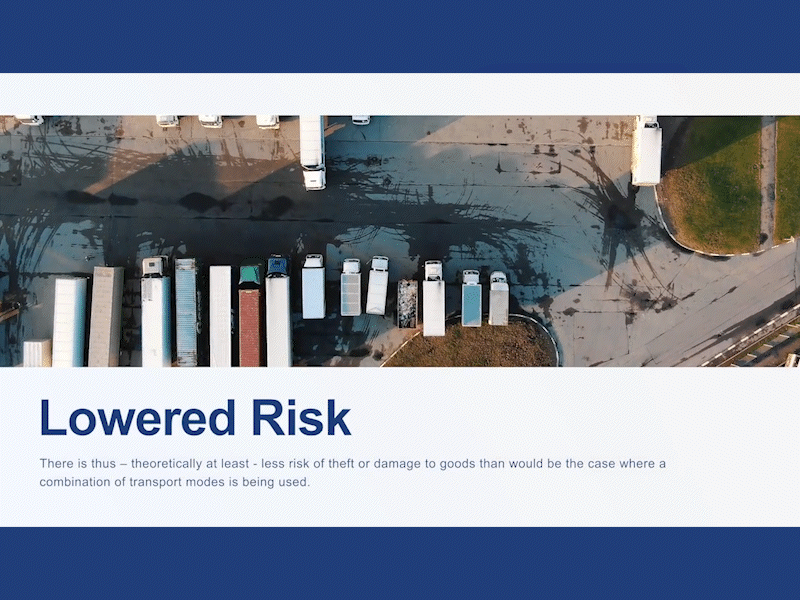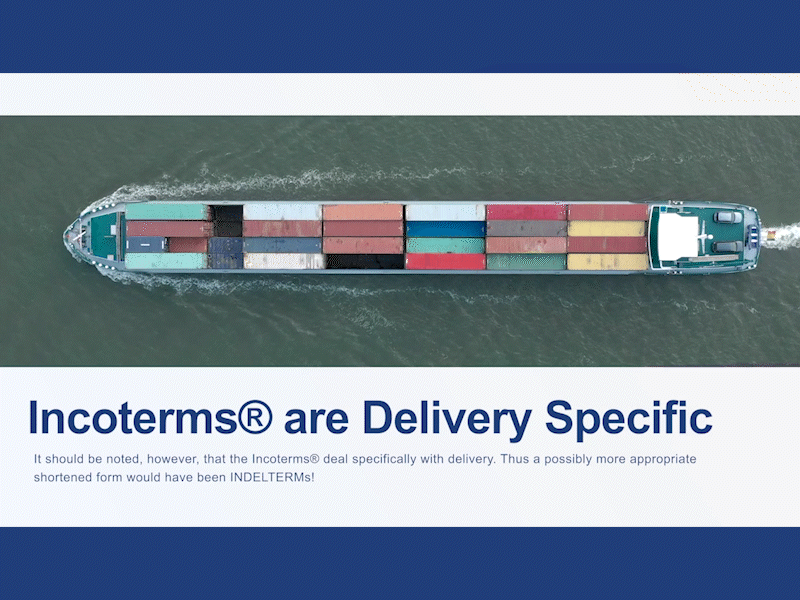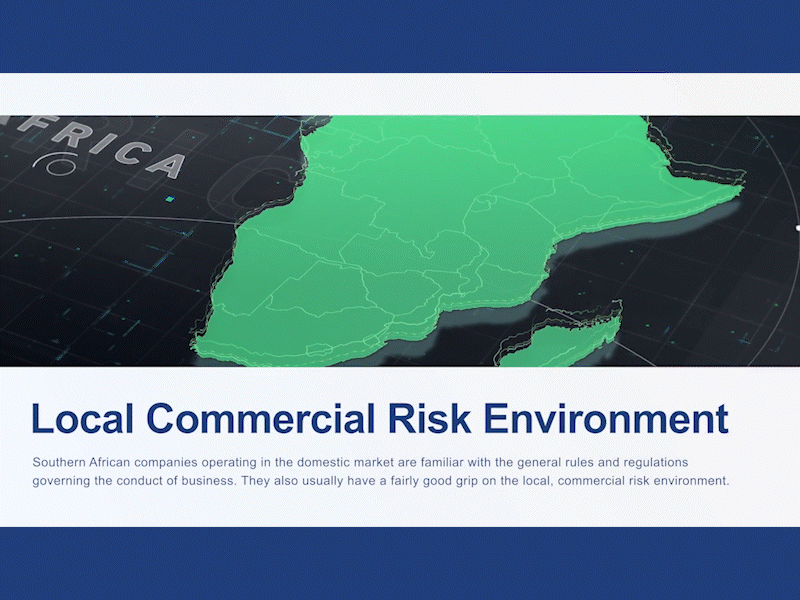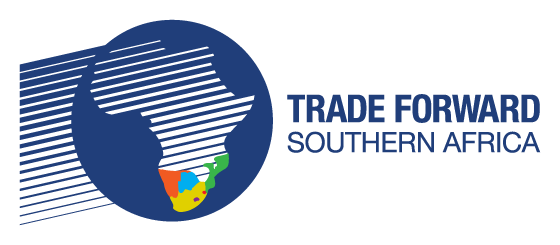Course 1: Export Foundation Training
Module 6: Selecting Suitable Delivery Terms (Incoterms® 2020)
Module Rating
Module 6 of 7
~32 minutes
2 Topics
Multiple Assessments
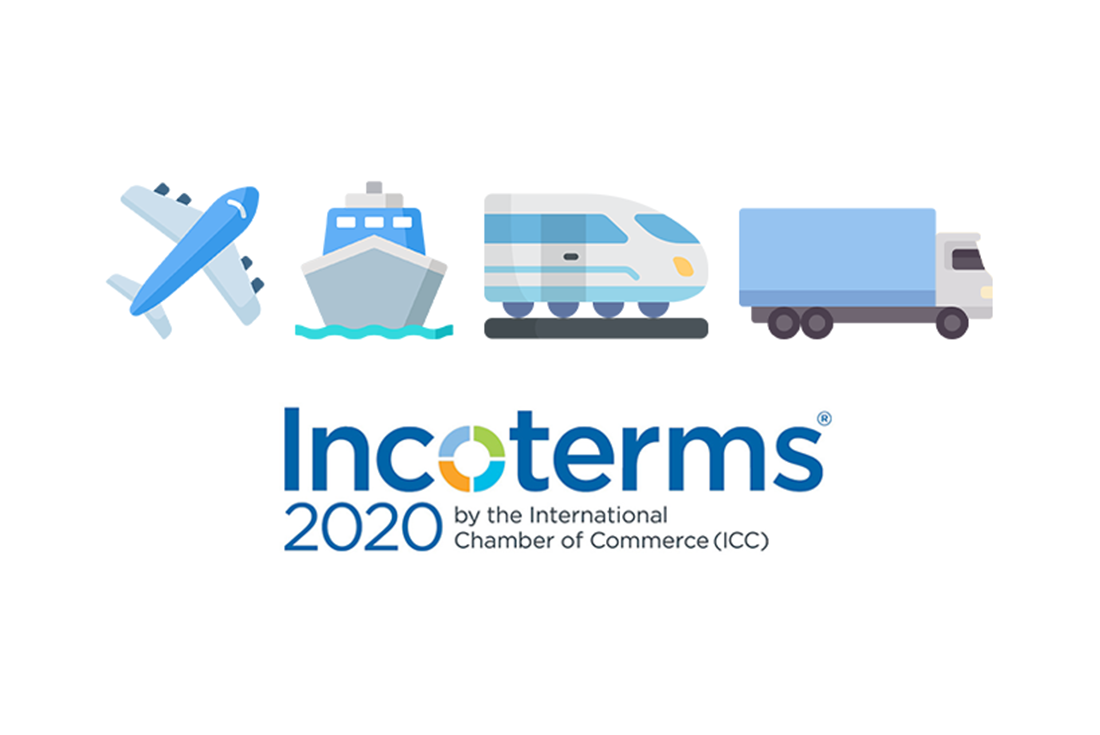
This is the sixth free module of a comprehensive course covering the foundations of export training. In this module, we will discuss the origin and purpose of delivery and trade terms, and departure vs. arrival terms. It also addresses Incoterms® solely for waterways and inland transport, and Incoterms for use in any mode of transport, including multimodal transport.
The module will also present examples of suitable terms for different types of consignments and the factors which would affect your choice of terms. Understanding Incoterms®, how they work and which to use for your consignments is of the utmost importance. Incoterms® will help you to ensure that you do not suffer loss if your consignment is damaged, lost or stolen, and they are always covered, insured and paid for during their export journey.
If you have not, check out Module 1, Module 2, Module 3, Module 4 and Module 5 alternatively if you are up to date, click on the button below to start Module 6.
Who is this Module for?
Businesses & Organisations
who have identified an opportunity to expand their product range into foreign trade markets
Governmental Organisations
looking to stay current on export readiness or require potential export assistance
Entrepreneurs & Individuals
with a basic understanding of the global trading environment looking to grow their knowledge of export readiness
Trade Consultants
looking to expand their knowledge of export readiness and the stages involved
Businesses & Organisations
running into business or product issues trying to expand to foreign trade markets
Module six follows a different structure compared to the other modules. It is comprised of two topics and 10 subcategories focused on individual Incoterms®. Topic 1 is focused on providing the learner with a comprehensive introduction to Incoterms®, what they are and how they work. It also touches on the importance of Incoterms® in setting up a sales contract. After completing topic one you should have a good understanding of the full delivery process as well as which of the obligations or responsibilities falls on yourself or the buyer.
Topic 2 is focused on discussing the 11 Incoterms®, how they work what their three-letter code means, what the cost implications are of each of the eleven Incoterms®, and which responsibilities or obligations fall on yourself and the buyer under certain Incoterms®. By understanding the Incoterms® as a whole you can make informed decisions on which delivery and trade terms to make use of for different consignments. Topic 2 make use of motion graphics and animations to easily communicate the various Incoterms® to the learners.
The first four categories handle Incoterms® only to be used for consignments travelling by sea. Category one breaks down FAS or Free Alongside Ship Incoterms®, The second category discusses FOB or Free on Board Incoterms® followed by the third category which handles CFR or Cost and Freight Incoterms®. The fourth category is the final category of Incoterms® to be used only for consignments travelling by sea. The fourth category focuses on CIF or Cost, Insurance and Freight Incoterms®.
The next three categories focus on Incoterms® to be used for any mode of transport. Category five touches on FCA or Free carrier. Category six handles CPT or Carriage Paid To. Category seven breaks down CIP or Carriage and Insurance Paid.
All of the Incoterms® the categories have discussed so far are departure terms. In the next three categories, it handles the first three arrival terms. Category eight is focused on DAP or Delivered at Place. Category nine handles DPU or Delivered at Place Unloaded. Category ten discusses the last arrival term DDP or Delivered Duty Paid.
This free Module plays a vital role in your export foundation training. Understanding the various Incoterms® is crucial for companies looking to diversify their export markets while they deal with shipping challenges that affect their supply chain. Understanding the Incoterms® helps you as a seller to understand the cost, obligations and responsibilities of each party. Without this understanding, you could face financial strain or loss. Complete this module to take a step closer to exporting your products effectively and efficiently.
Topic 1: An Introduction to Incoterms
Topic 2: Diagramatic descriptions of the various Incoterms plus Ex Works (named place) Incoterms® 2020
Category 1: Free alongside ship (named port of shipment) Incoterms ®2020
Category 2: Free on board (named port of shipment) Incoterms® 2020
Category 3: Cost & Freight (named port of destination) Incoterms ® 2020
Category 4: Cost, Insurance & Freight (named port of destination) Incoterms ®2020
Category 5: Free carrier (named place of delivery) Incoterms®2020
Category 6: Carriage Paid To (named place of destination) Incoterms®2020
Category 7: Carriage and Insurance Paid To (named place of destination) Incoterms®2020
Category 8: Delivered at Place (named place of destination) Incoterms®2020
Category 9: Delivered at Place Unloaded (named place of destination) Incoterms®2020
Category 10: Delivered Duty Paid (named place of destination) Incoterms®2020
This is the sixth module in a series of seven to form a comprehensive course covering all the foundations of export training. If you are looking for export assistance, this is your ultimate source. Every course and the subsequent module has been developed and curated by the International Trade Institute of Southern Africa and Trade Forward Southern Africa. The entire training course is free of charge and can be completed by individuals and organisations alike. If you know anyone that would be interested, share this module with them using the link below. We would also love your feedback, so drop us a review once you have completed the module.

